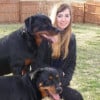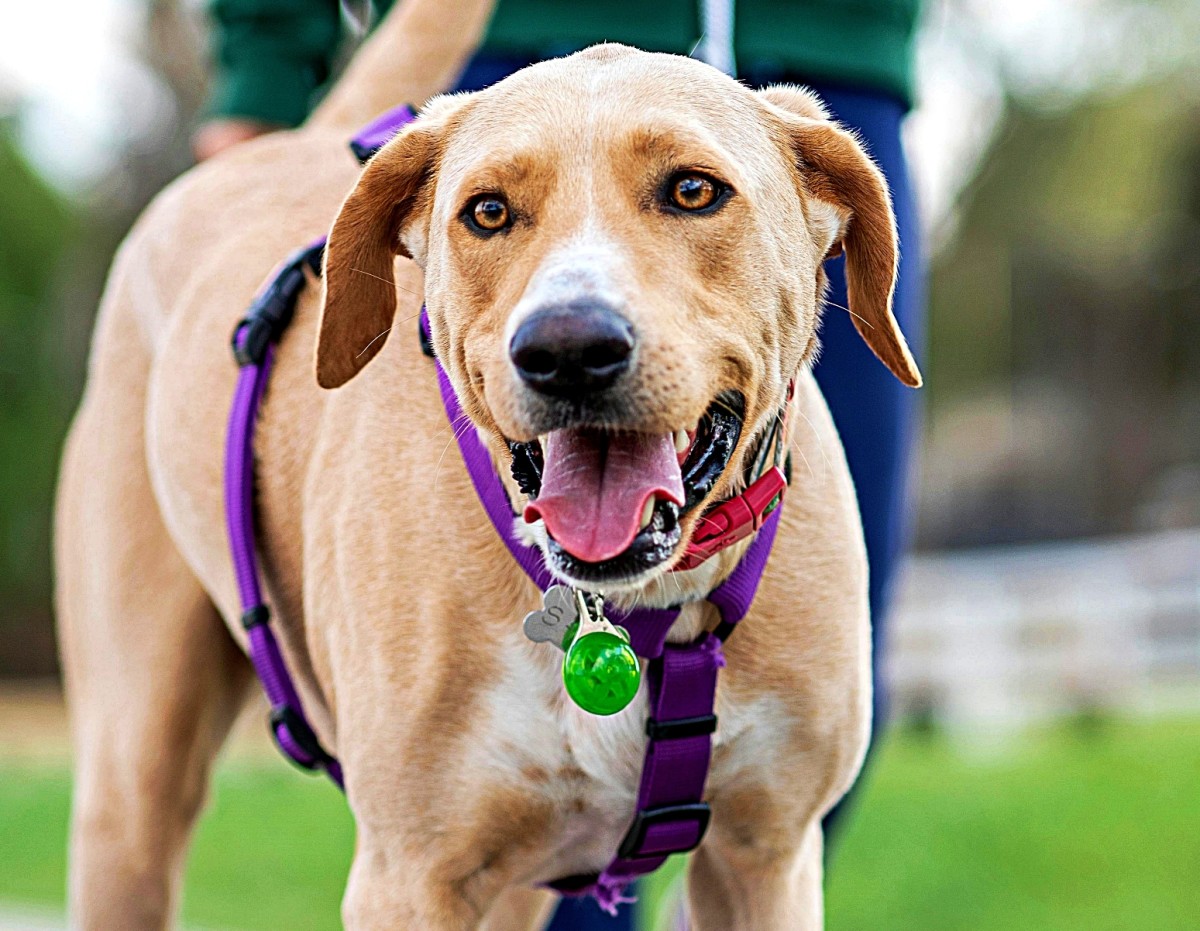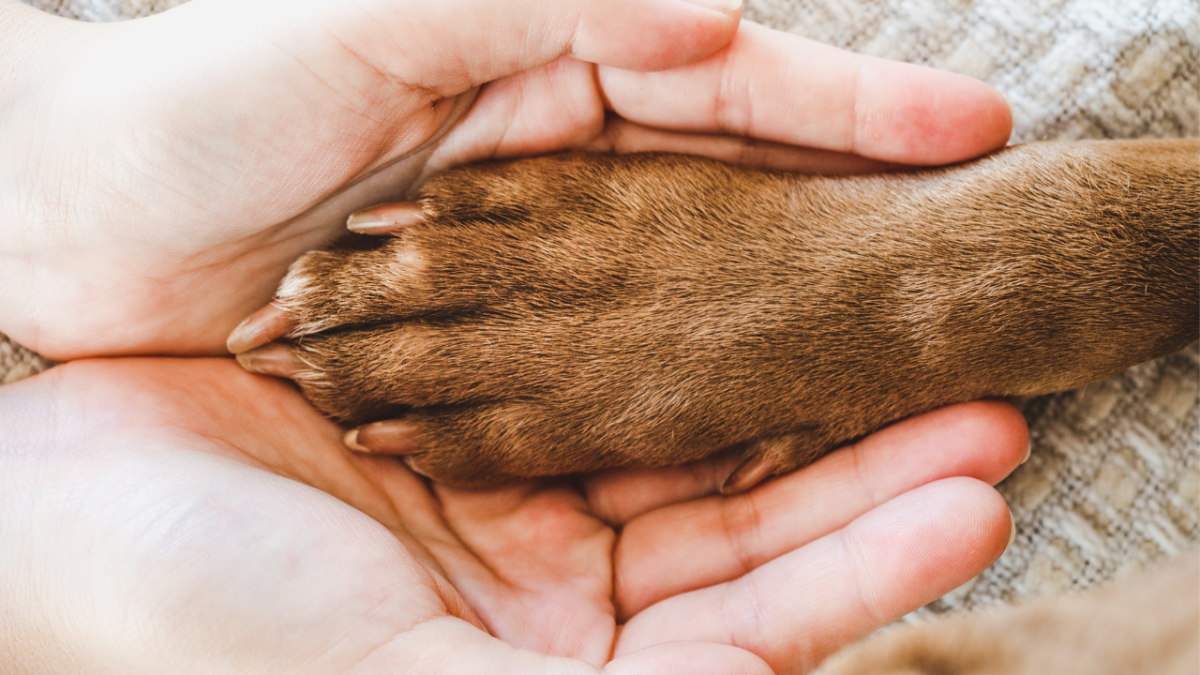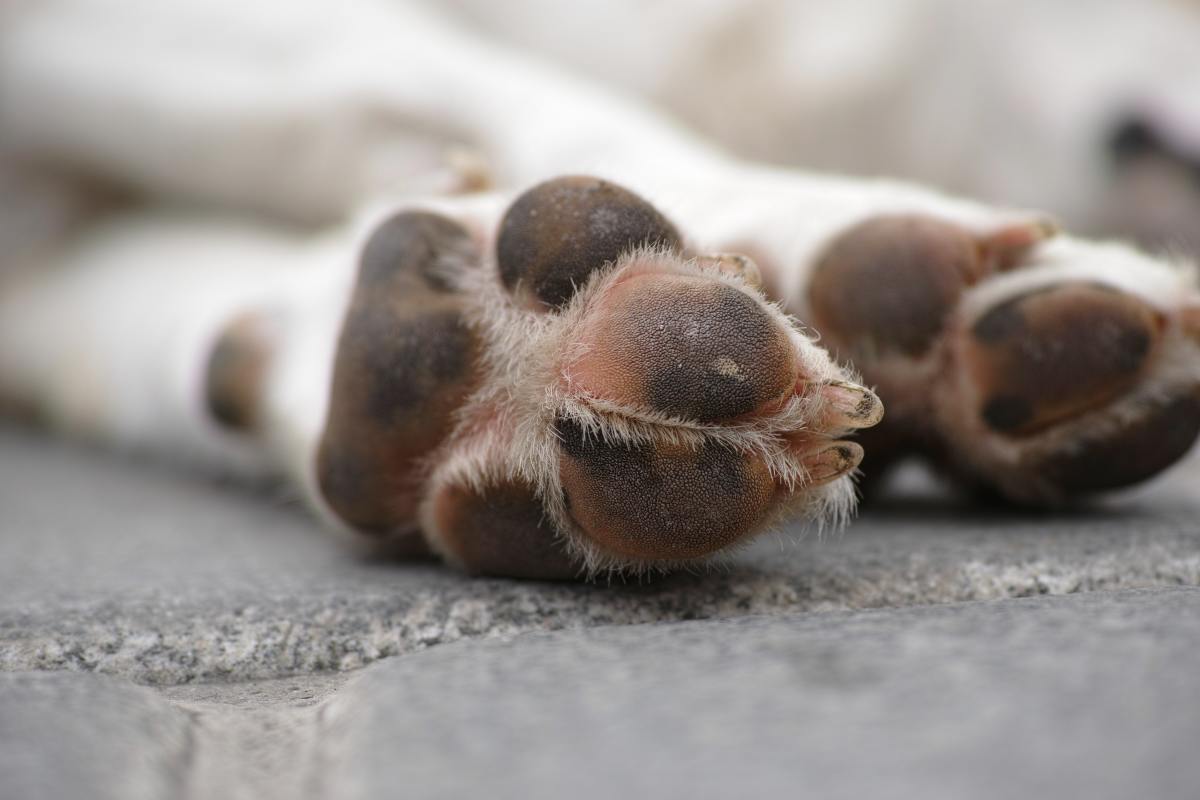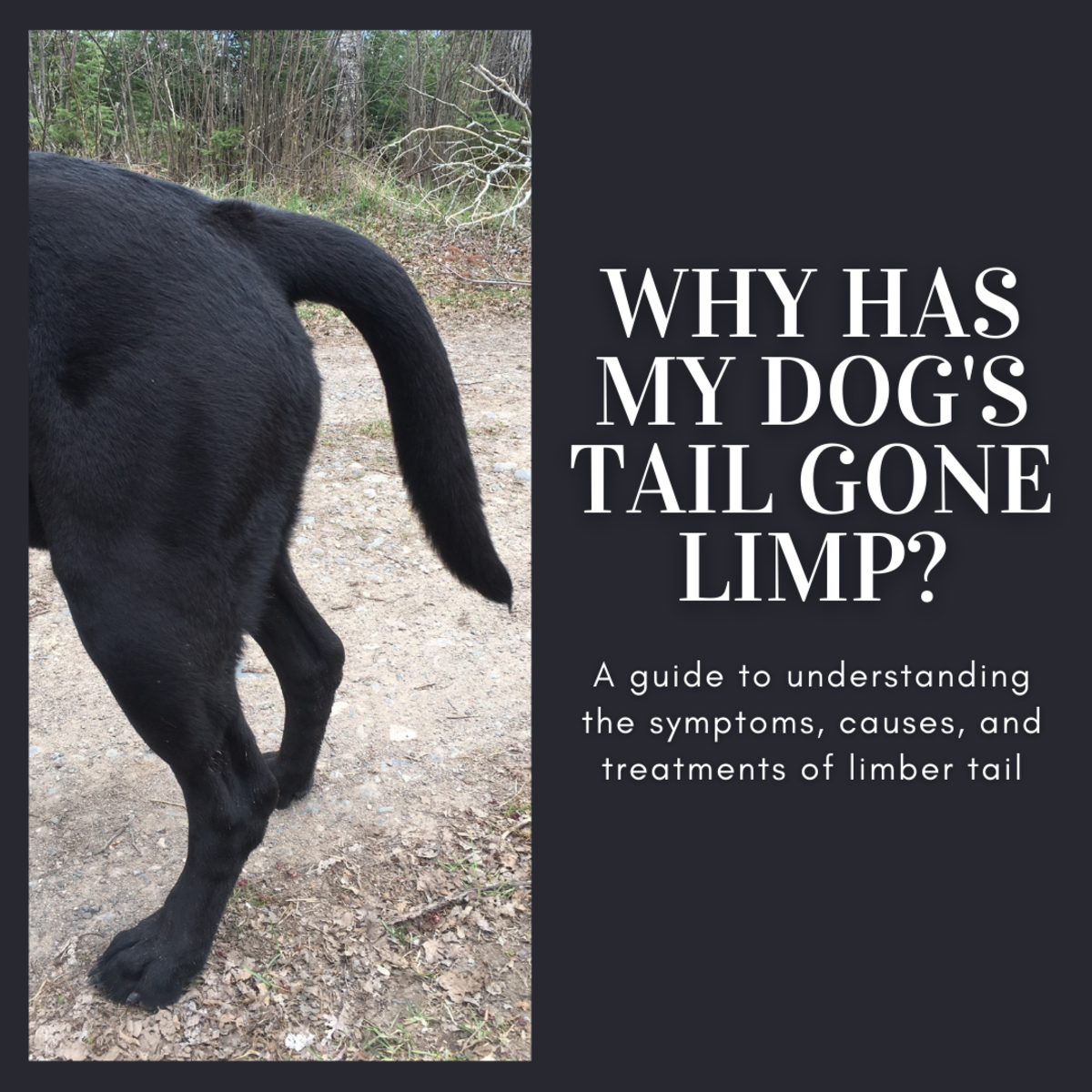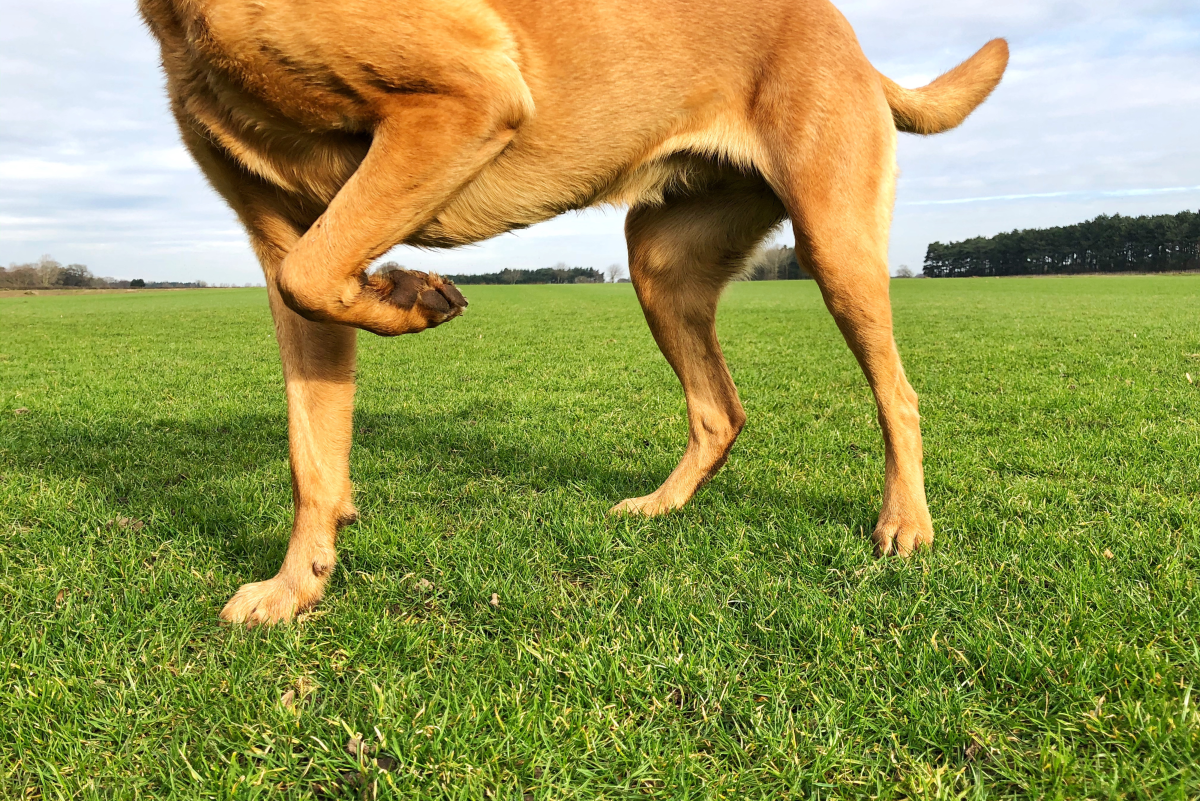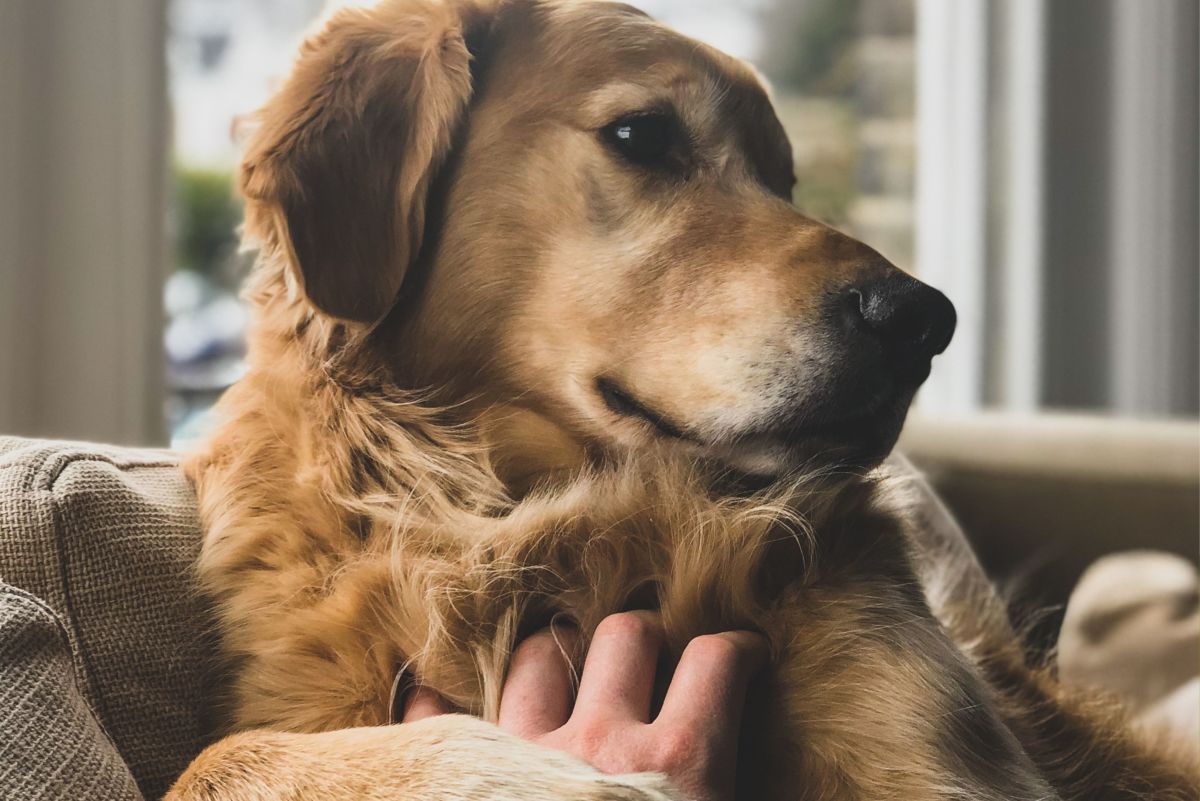How to Increase Your Dog's Weight
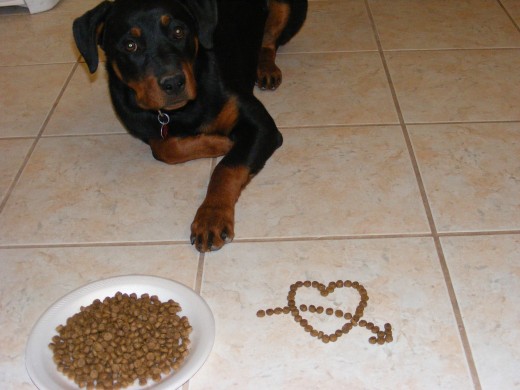
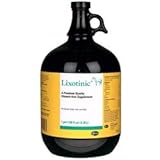
While there are definitely too many obese dogs in today's under exercised and over fed dogs, there are some dogs which for a reason or another have difficulty increasing weight. While there may be various causes for a dog not to increase weight, it is always highly recommended to have a skinny dog seen by a veterinarian (especially when the weight loss in sudden) in order to properly assess or diagnose an underlying condition.
There are various health conditions in dogs that cause weight loss, following are some:
Causes of Weight Loss in Dogs
-Internal parasites
-Mal-absorption
-Metabolic Disorders
-Fever
-Heart Conditions
-Diabetes
-Cancer
Often these health conditions are accompanied by other indication of poor health such as: a poor coat, loss of body mass, diarrhea, vomiting and eating stools.
Other common causes of weight loss seen in dogs are listed below.
Other Causes of Weight Loss in Dogs
-Hot summer days
-The dog's reproductive cycle (applies to both female and male dogs)
-Depression such as losing a lifelong companion
-Anxiety
-Sudden life changes (such as a new move)
-Finickiness
-Old age
-Being fed spoiled food or food not properly stored
Steps to Help Your Dog Gain Weight
- A good way to start is to keep track of your dog's weight. This can be easily accomplished by keeping a weekly log of your dog's weight to efficiently track your dog's progress. It is helpful to be precise and date each input and add the ounces.
- Next, a good high quality and complete dog food (often pricey) must be found. Ideally, the vet should recommend one after ruling out any health conditions. It is important the the dog food has been approved by AAFCO as nutritionally balanced and complete. A seal should be seen somewhere on the dog food.
- Supplements may often be recommended by your vet. Vitamins and minerals may work out well, but always consult with a veterinarian first as over supplementing may cause more damage than good.
- If the dog has no appetite, the vet may prescribe special prescription dog foods that may help entice the dog to eat and provide extra caloric content until the dog eats more and starts feeling more energized. An example is prescription diet A/D produced by Hills.
- Treats come very handy when dogs need to increase weight. Simply incorporate them into your training sessions. An example? Sit, reward, roll over, reward, come here, reward and so on. Your dog will excel in obedience training as never before. Of course, dont' overdo it!
- Exercise is still recommended as it keep your dog strong and helps maintain muscle mass. Again, do not over do it.
- It is important to store food properly ensuring it does not come in contact with air, moisture and excessive heat. Spoiled food may not retain nutrients as necessary and food not stored well may lose palatability, making the hungriest dog t turn finicky.
A seen, your dog may be on its way to become more plump. It really all comes down to ruling out medical conditions, providing high quality food, healthy treats and veterinarian approved supplents and appetite stimulants.
For further reading
- Why dogs may refuse food
Your dog has always been an avid eater, as a matter of fact he has always gulped down his meal in seconds and he has always made daily trips under your kitchen table just looking for a few crumbs. Yet, a day...
